We won’t be pawns in global game: PNG’s James Marape
Weeks after signing a defence agreement with the US, the PNG PM warns Pacific nations won’t choose sides between America and its allies in the region, and China.
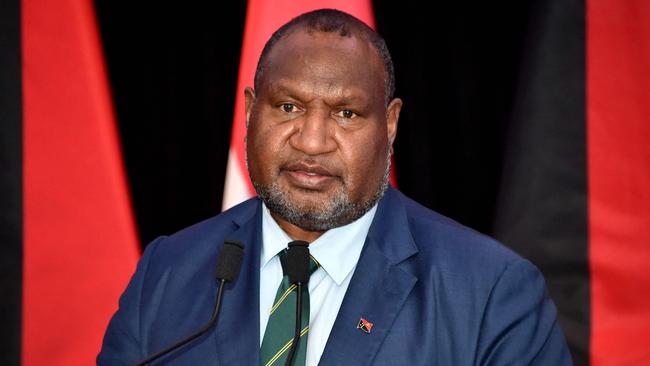
Pacific nations will refuse to choose sides between the US and China, the prime minister of Papua New Guinea has said, and the nuclear adversaries must keep their rivalry out of the region.
James Marape was speaking weeks after signing a defence agreement with the US that was seen as a blow to China’s military ambitions in the South Pacific. But he insisted that the deal would not stop Papua New Guinea (PNG) making security agreements with other countries if the terms were right.
“If there’s a proposal by China we’ll look at the merits of that proposal,” he said. “If there is a conflict we will not buy into one side. It is in our region’s interests that conflicts from the outside are not brought into our space.”
The Defence Co-operation Agreement (DCA) signed with the US in May was seen by many as a reaction to Beijing’s ambitions in the South Pacific, after its shows of strength in the South China Sea and Taiwan Strait.
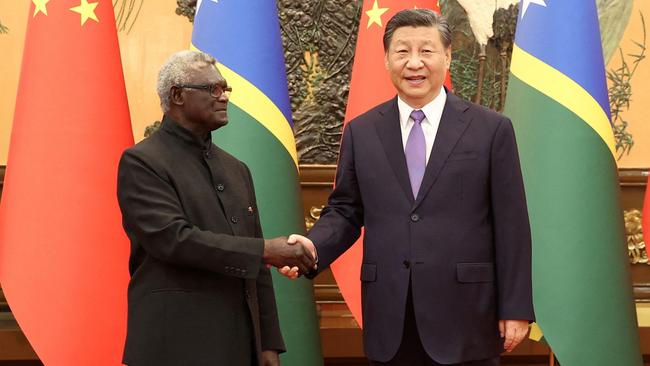
China and its state-owned companies are engaged in a campaign of influence-building among Pacific governments, providing stadiums, schools, roads and hospitals. Chinese survey ships have been accused of carrying out spying on fibre-optic cable links off Palau. Last year PNG’s neighbour, the Solomon Islands, signed a security agreement with China, which caused alarm in the US and allies such as Australia.
The DCA gives US forces exemption from taxes and criminal prosecution, “unimpeded” and rent-free access to bases in PNG and permits them to bring in equipment including spy planes and allows them to use the country as a base for the deployment of troops.
The agreement appeared to mark the end of PNG’s policy of non-alignment, and risked alienating China, its second biggest trading partner. But Marape insists that the purpose of the agreement is to win US support for his own small and under-resourced armed forces and that he continues to espouse the slogan “friend to all, enemy to none”.
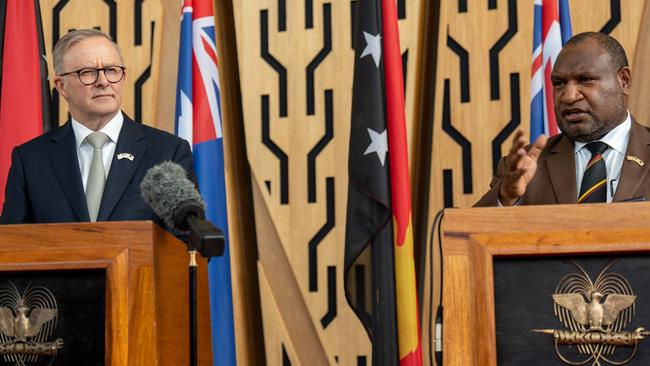
He said that China’s primary interest was “business and commerce, not military”, adding: “In all my engagements with world leaders I put my country’s economic wellbeing ahead of all other conversations. I see Asia and the rest of the world as a marketplace for my produce. I can’t afford to alienate markets in Asia. [But] there’s no element in the DCA that stops us relating to another country. It does not tie my hands. I told [the Americans] it must not come at the expense of our relationships elsewhere. But they took comfort in the knowledge that Papua New Guinea will never compromise our democracy.”
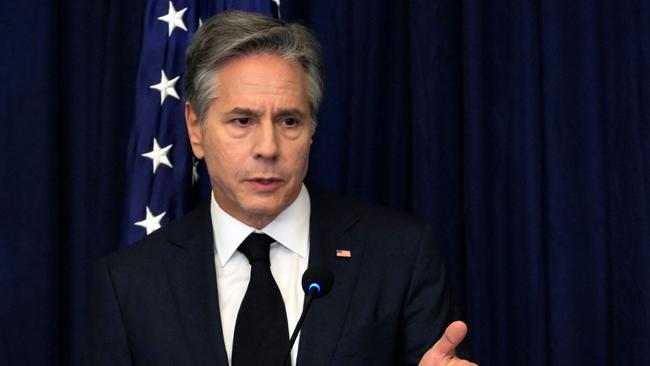
By global standards, PNG – which has a population of ten million and occupies the eastern half of the island of New Guinea north of Australia – is a poor and underdeveloped country. But it is a superpower among Pacific nations, most of whose members are tiny, sparsely populated nations such as Vanuatu, Samoa and Fiji. During the Second World War, the Pacific was the scene of fighting between Japan and the US for control of the islands that command vast areas of ocean and airspace. Marape warned of the danger of being caught between China and the US in any future superpower war.
“As much as you try to remain neutral you become residual victims in conflict,” he said. “In World War Two, PNG was not part of the warring factions. But our people got engaged in a war that was not theirs.”
His government claims commitment to democratic values, but has opposed UN resolutions condemning Chinese suppression of human rights in Hong Kong and Tibet, and of Uighur Muslims. Asked about this, he said: “My office is not deeply informed on human rights issues relating to the Uighurs.”
The Times

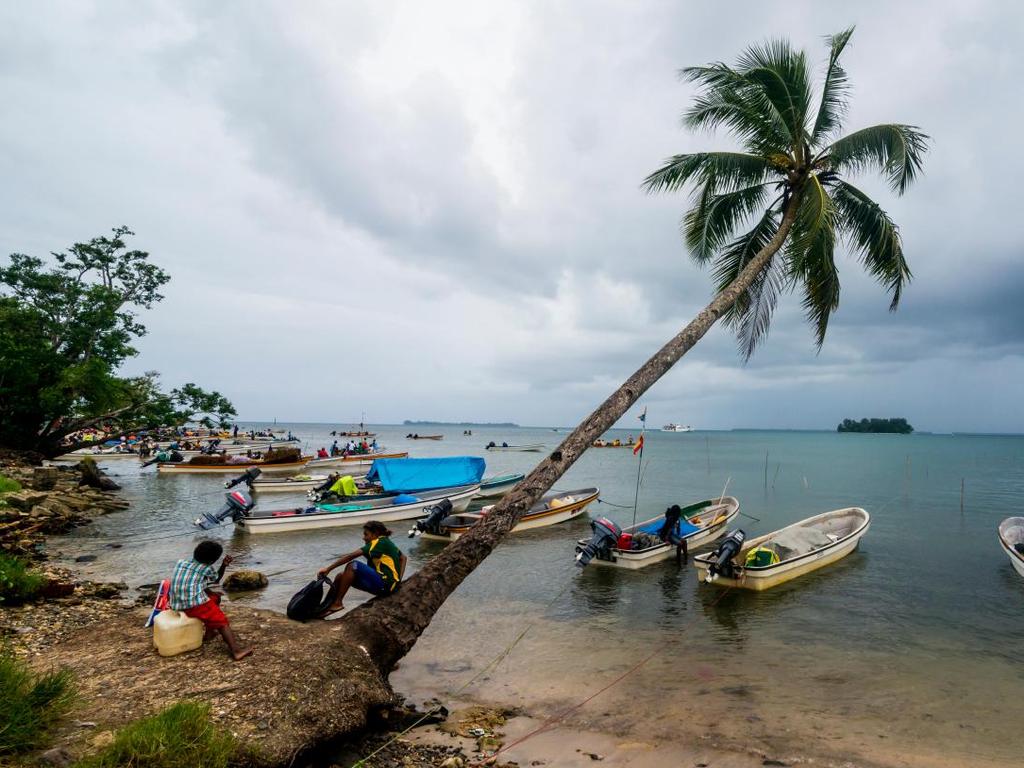

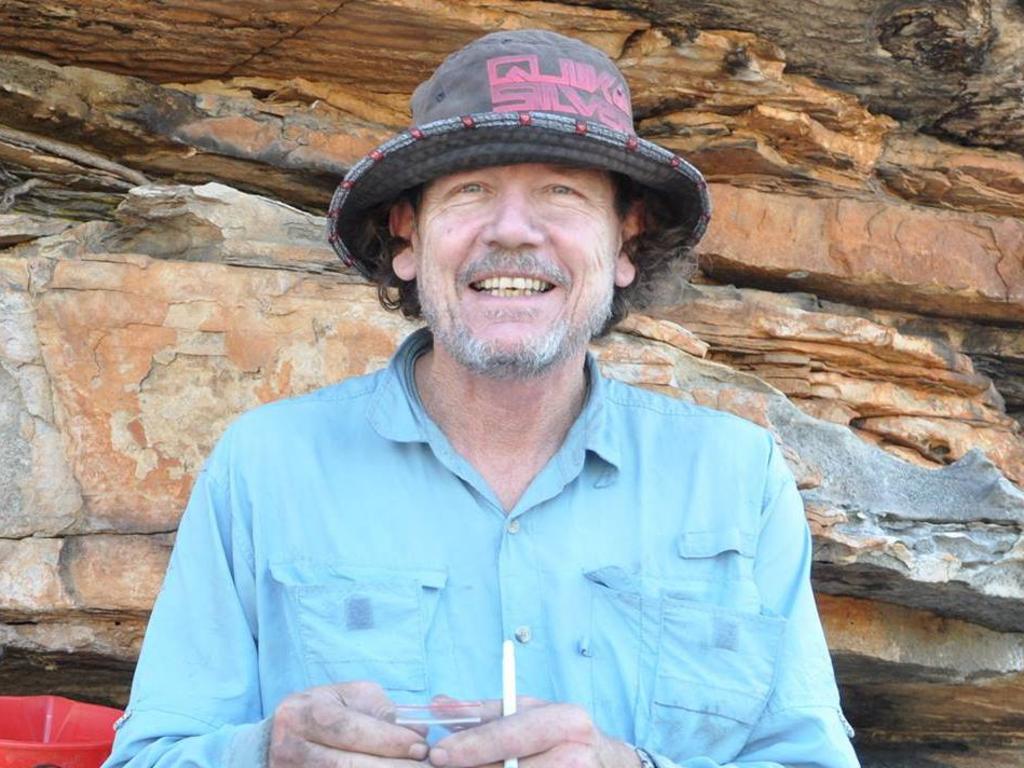



To join the conversation, please log in. Don't have an account? Register
Join the conversation, you are commenting as Logout